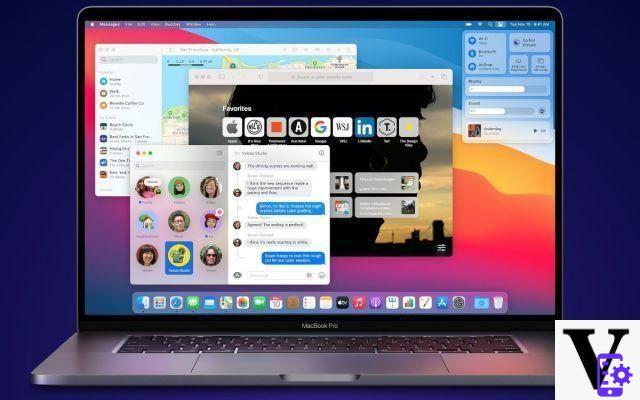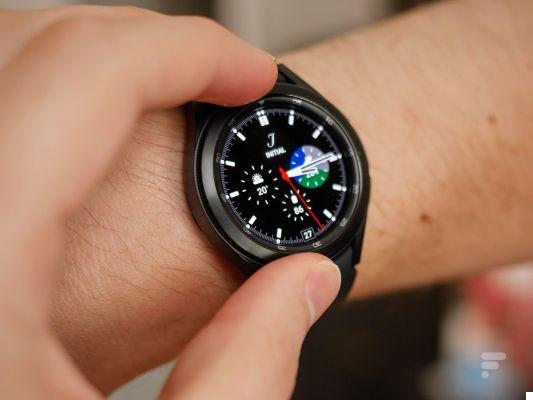
Il 28st January it is celebrated Day of the protection of personal data, with the aim of raising awareness among users and companies about the best practices and fundamental principles of privacy in the digital age we are experiencing. In addition to raising awareness among consumers, a great effort also takes place on the part of big techs, such as Google and Apple, who are integrating solutions to protect privacy.
Data protection is essential
La Day of the protection of personal data was established by the Council of Europe in 2006, deciding to drop the anniversary on January 28th. The date was not chosen at random. It is the opening day for the signatures of the Convention n108 - which kicked off the era of digital data protection - of the Council of Europe in 1981. Outside Europe, this anniversary is known as Privacy Day, hence the data privacy day. Although the regulations have evolved since 1981, the key message is still the same: data confidentiality is a right.
Usually on the occasion of January 28th, various events dedicated to data protection are held to raise awareness and make both users and companies more aware. Furthermore, the subject of data privacy is constantly addressed by governments, technology experts and all those who argue how important it is within our lives.
Data privacy no longer includes only what users consciously decide to disclose online - such as their name and surname; your photos or other - but also information that is unknowingly collected when using the internet. For example when we buy something online or when we do a Google search. And this information, unfortunately, is very often used for marketing campaigns. The big problem here is that users are not really aware of what information is being collected, what are the privacy risks and how to defend yourself.
The new solutions to protect the privacy of personal data
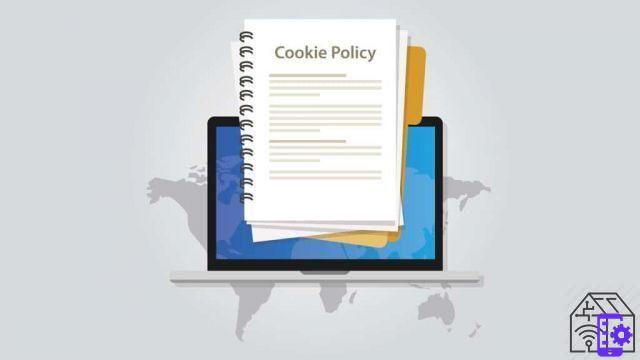
In recent years, therefore, the issue of privacy has been at the center of attention and several steps forward have been made. One of these is the GDPR and the relative consent to cookies. The GDPR is a data protection regulation that seeks to protect the privacy of European citizens. As a consequence of this regulation it has become mandatory, when browsing a website, accept cookies that are offered to us when we browse the homepage for the first time to allow the site to track us. Without consent, no data can be withheld.
The famous cookies, which are not to be confused with the delicious cookies, allow the website to to collect - for oneself or for third-party companies - some information about the user. This can include geolocation data, consumer preferences; the type of browser and device used, the IP address and many other details for marketing purposes and also to improve the service offered.
Big tech and privacy: how Apple defends users' personal data
Among the big techs that are moving to ensure that their consumers are calmer about the privacy of their data we find Apple. Visiting the privacy page of the company's official website, we read that privacy is “one of Apple's founding values”. The company also points out that "it must be only you to decide which experiences to share, and with whom".
Those of Apple are not just words in the wind: in recent years it has integrated several solutions to protect users. Safari, for example, allows you to prevent cross-site monitoring and minimize data transmission to third parties. It also integrates an intelligent antitracking system that hides the user's IP address to prevent their searches from going into the hands of advertisers. Safari also has the possibility of knowing the type of device and the browser from which you are browsing. This makes it harder to identify.
Le Apple Mapsinstead, they use the end-to-end encryption to encrypt your personal data synchronized between the various devices. Apple itself can't access the places you visit most often, your location in real time, and a lot of other data. In addition, Apple uses the "location fuzzing". As we read on the official website, “In practice, since the place where you are can reveal your identity, after 24 hours Maps converts the exact location from which the search originated into a less precise one. Plus, Apple doesn't keep a history of the places you've searched or visited. "
iCloud +, a further step towards data privacy

The application Gallery company allows you to recognize the people, places or objects inside the shot, but this function is performed on your device and not in the cloud. This prevents Apple from accessing user photos. The Cupertino company then uses the end-to-end encryption in Messages, in FaceTime and many other apps, as well as using other solutions to protect user privacy.
Finally, among the most important innovations integrated by Apple we find iCloud +, the paid upgrade of the iCloud space that also brings with it some features related to privacy. The service allows you to hide your email address when registering on a website. Such as? Using a unique and random address that forwards mail to your personal and existing folder. You can then use the relay privato iCloud, which “uses a multi-hop architecture in which user requests are sent through two separate internet relays managed by different entities. So no one, not even Apple, can see or collect data on your browsing activity ”.
Google and third-party cookies
Google recently announced that by 2023 it will block third-party cookies on its Chrome browser. This blocking already happens on other browsers such as Safari and Firefox, but Chrome is used by around 65% of users and its change will have much more impact on the advertising sector. However, this block will certainly not put an end to tracking, since it is not the only technology used to acquire certain information: trackers are in fact able to use various gimmicks and new technologies to track users.
As the Cookiebot website reports, a "2019 report on third party tracking on EU government and health sector websites revealed that Facebook did not use third-party cookies, instead replacing them with first-party cookies combined with a pixel tracker, thus being able to monitor European citizens continuously and non-consensually. "
Certainly, however, the block will help to put a spanner in the works for companies that exploit information for advertising purposes. Furthermore, this project allows Google to have transparent standards.
Certainly the steps forward to be taken regarding protection of personal data there are still many, but big techs are moving in the right direction and constant awareness of citizens and companies will help to increase user awareness.
 Acer Chromebook 314 CB314-1H-C0U7 Notebook, Pc Portable with...
Acer Chromebook 314 CB314-1H-C0U7 Notebook, Pc Portable with...
- ✅ THE FUTURE OF PROCESSING: Low power consumption and software speed thanks to the latest Intel processor ...
- ✅ BATTERY CHARGES ALL DAY: Chrome OS optimizes battery performance and lets you do more with ...
- ✅ CHROME OS: Fast, simple and secure operating system created by Google and designed for how we live today. Starts...







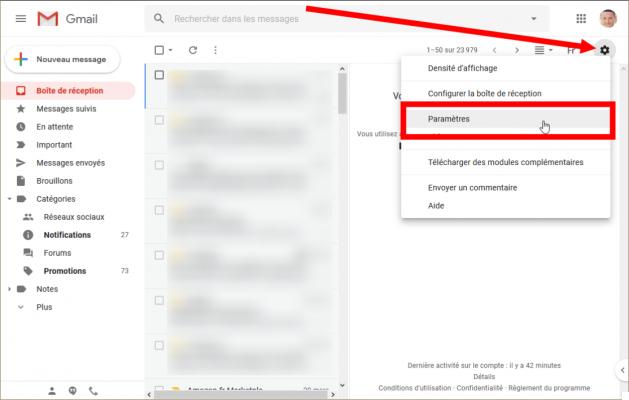


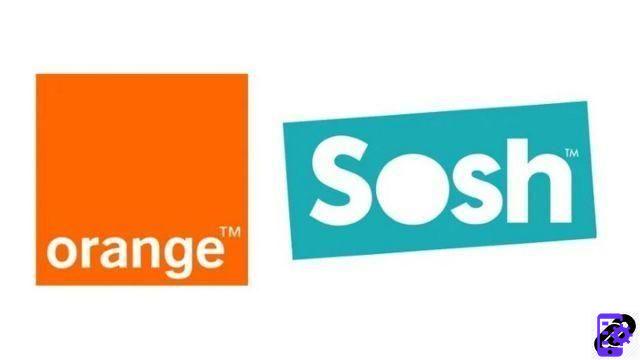





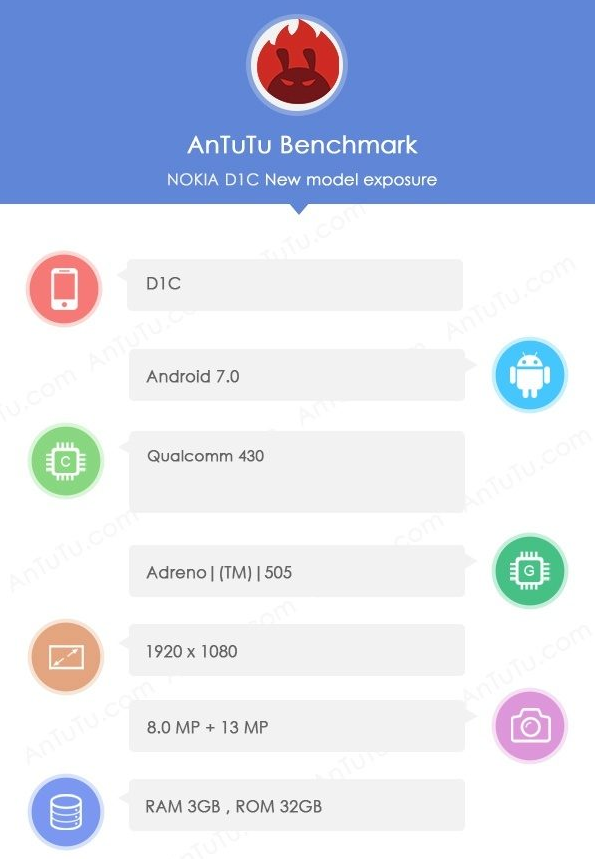
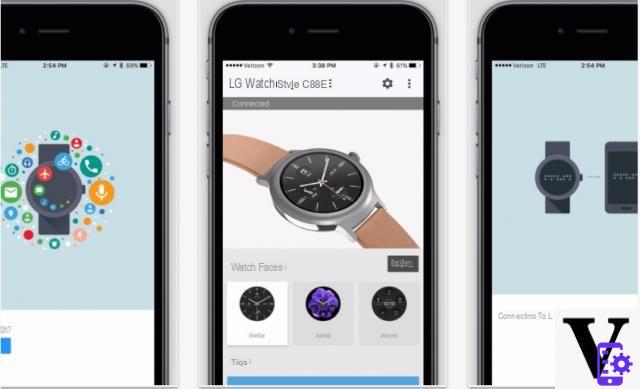


![[Review] Samsung Powerbot VR7000: the robot vacuum cleaner from Star Wars](/images/posts/6bc44de38605b5c0fa12661febb1f8af-0.jpg)



